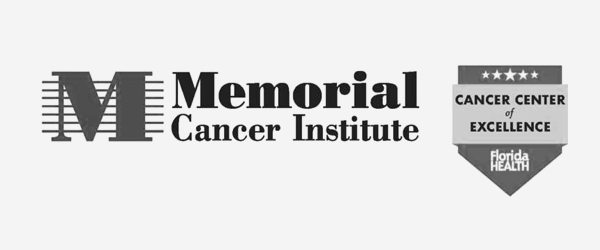Genetic Testing
Genetic Testing
“The thing is, that until you’ve experienced this for yourself, there’s no way to empathize or understand the challenges that come along with a diagnosis of this magnitude – The thing is, that until you’ve experienced this for yourself, there’s no way to empathize or understand the challenges that come along with a diagnosis of this magnitude – especially at such a young age, and in that stage of life,”
Tracy said. “It’s so important to find comfort and support in a group of women who share such a strong experiential bond.
“The thing is, that until you’ve experienced this for yourself, there’s no way to empathize or understand the challenges that come along with a diagnosis of this magnitude – The thing is, that until you’ve experienced this for yourself, there’s no way to empathize or understand the challenges that come along with a diagnosis of this magnitude – especially at such a young age, and in that stage of life,”
Tracy said. “It’s so important to find comfort and support in a group of women who share such a strong experiential bond.
BRCAStrong Blog
BRCAStrong Blog
Reflecting on the Birth of BRCAStrong
The Birth of BRCAStrong In 2015, two weeks after undergoing a prophylactic bilateral mastectomy, I founded BRCAStrong. My daughter, Gabriela, who was just seven years old at the time, lovingly
Reflecting on Two Decades: My Journey with the BRCA2 Mutation, Previvorversary
July 16, 2004, is a date forever etched in my memory. It was the day I discovered that I carried the BRCA2 mutation, a revelation that would profoundly impact my
Cancer is in my genes – literally and figuratively
Cancer is in my genes - literally and figuratively. When I was in college both my paternal aunt and my paternal grandmother passed away - 3 years apart, both in














